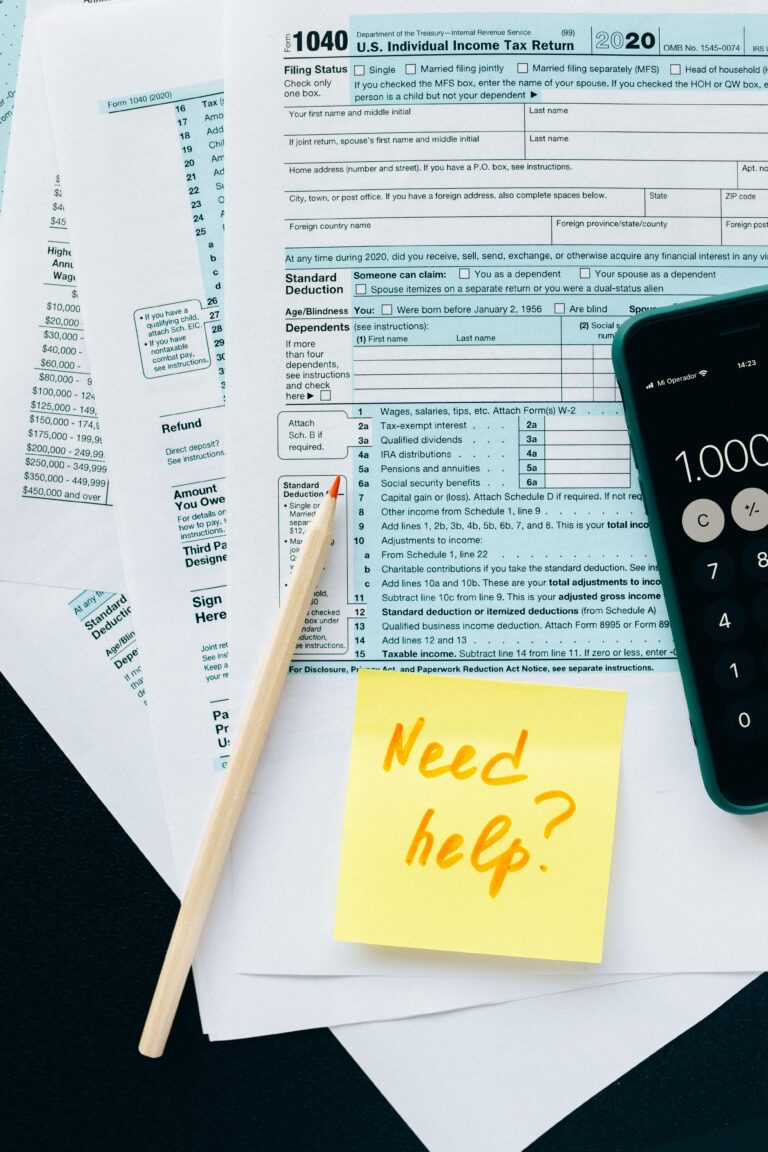Thailand’s digital economy is expanding fast. Platforms like Shopee, Lazada, and TikTok Shop are thriving, and Thai consumers are eager to explore high-quality international products. As a result, many online sellers and foreign-owned businesses are setting up their operations here and importing goods to meet the demand.
But before you start shipping, it’s crucial to understand the legal steps and import regulations to avoid delays, fines—or worse, confiscated goods.
Step-by-Step: How to Import Products into Thailand
1. Register Your Company in Thailand
To import goods legally into Thailand, you must first register a company. This company acts as the legal importer on record.
👉 If you haven’t done this yet, read our full guide: How to Start Your E-Commerce Business in Thailand (2025)
2. Register as an Importer with Thai Customs
Once your company is set up, you’ll need to register as an importer with the Thai Customs Department via the E-Customs system.
Documents needed include:
- Company affidavit
- Tax ID (PND)
- Company seal and director ID
- Letter of authorization
This registration allows you to legally bring goods into the country and complete customs declarations.
3. Check If You Need an Import License
Not all products require special approval, but many do—especially if you’re importing the following:
Product Type | License Required From |
Skincare, cosmetics | Thai FDA (Food & Drug Admin.) |
Dietary supplements | Thai FDA |
Electronics (e.g. routers) | NBTC (Telecom Commission) |
Food & drinks | FDA + MOAC/DOF |
CBD/Cannabis | FDA + Narcotics Control Board |
Act & Align Advisor can handle the full license application process on your behalf.
4. Understand Customs Duties and Import Taxes
Every imported product is subject to customs duties and VAT (7%). These are calculated based on the product’s HS code (Harmonized System code).
💡 Tip: Some imports qualify for reduced or 0% duty under Free Trade Agreements (FTAs) like:
- ASEAN-China FTA (ACFTA)
- ASEAN-Korea FTA
- Thailand-Japan Economic Partnership
To benefit, you’ll need a Certificate of Origin from the exporting country.
5. Arrange International Shipping
You can ship goods into Thailand by air freight or sea freight, depending on the size and urgency.
📦 Documents required for customs clearance:
- Commercial Invoice
- Packing List
- Bill of Lading or Air Waybill
- Import License (if required)
- Certificate of Origin (if applicable)
We work with trusted freight forwarders to ensure seamless shipping coordination.
6. Clear Your Products Through Thai Customs
Once your shipment arrives in Thailand, it must go through customs clearance. This process includes:
- Cargo inspection (physical or X-ray)
- Duty and VAT payment
- Releasing the goods
Delays can occur if paperwork is incomplete, licenses are missing, or product descriptions are unclear.
💡 Avoid surprises: Our team ensures everything is submitted correctly, so your goods are cleared smoothly.
7. Store or Deliver to Customers
After customs clearance, you can choose:
- Warehouse storage (3PL, own facility)
- Fulfillment center for Shopee/Lazada
- Direct delivery to your office or home (if selling independently)
We can assist with last-mile delivery or connect you with logistics partners across Thailand.
Common Mistakes When Importing to Thailand
Avoid these pitfalls to save time and money:
- Failing to register for import licenses in time
- Declaring the wrong product value or HS code
- Missing Thai label translations for FDA-regulated products
- Not optimizing tax benefits via trade agreements
How Act & Align Advisor Can Help You
We provide complete end-to-end import and e-commerce support, including:
- Company registration
- Import license applications (FDA, NBTC, etc.)
- Customs registration and clearance
- Shipping coordination and tax optimization
- Warehousing and logistics advice
We don’t just consult—we walk you through the entire process, ensuring legal compliance and smooth operations.
FAQs
Q: Can a foreigner import products into Thailand without a Thai partner?
A: Yes. You can own 100% of the company if your business is structured under the BOI or through certain legal frameworks. Otherwise, a Thai majority shareholder may be required.
Q: How long does customs clearance take in Thailand?
A: Typically 1–3 business days if documents are correct and no inspection is required.
Q: Can I import and sell from overseas without living in Thailand?
A: Yes, if your company is registered in Thailand and you appoint a local representative or use our virtual office and fulfillment services.
Q: What if I only want to test the market first?
A: You can start small with a low-volume shipment or try drop shipping—but customs and licensing still apply.
💼 Ready to Start Importing into Thailand?
Whether you’re a first-time importer or an established brand expanding to Thailand, we’re here to help—from paperwork to product delivery.
Act & Align Advisor — Your Key Partner for Business Success
📞 Tel/WhatsApp: +66 99 828 8070
📧 Email: inquiries@actandalignadvisor.com
🌐 Website:www.actandalignadvisor.com







